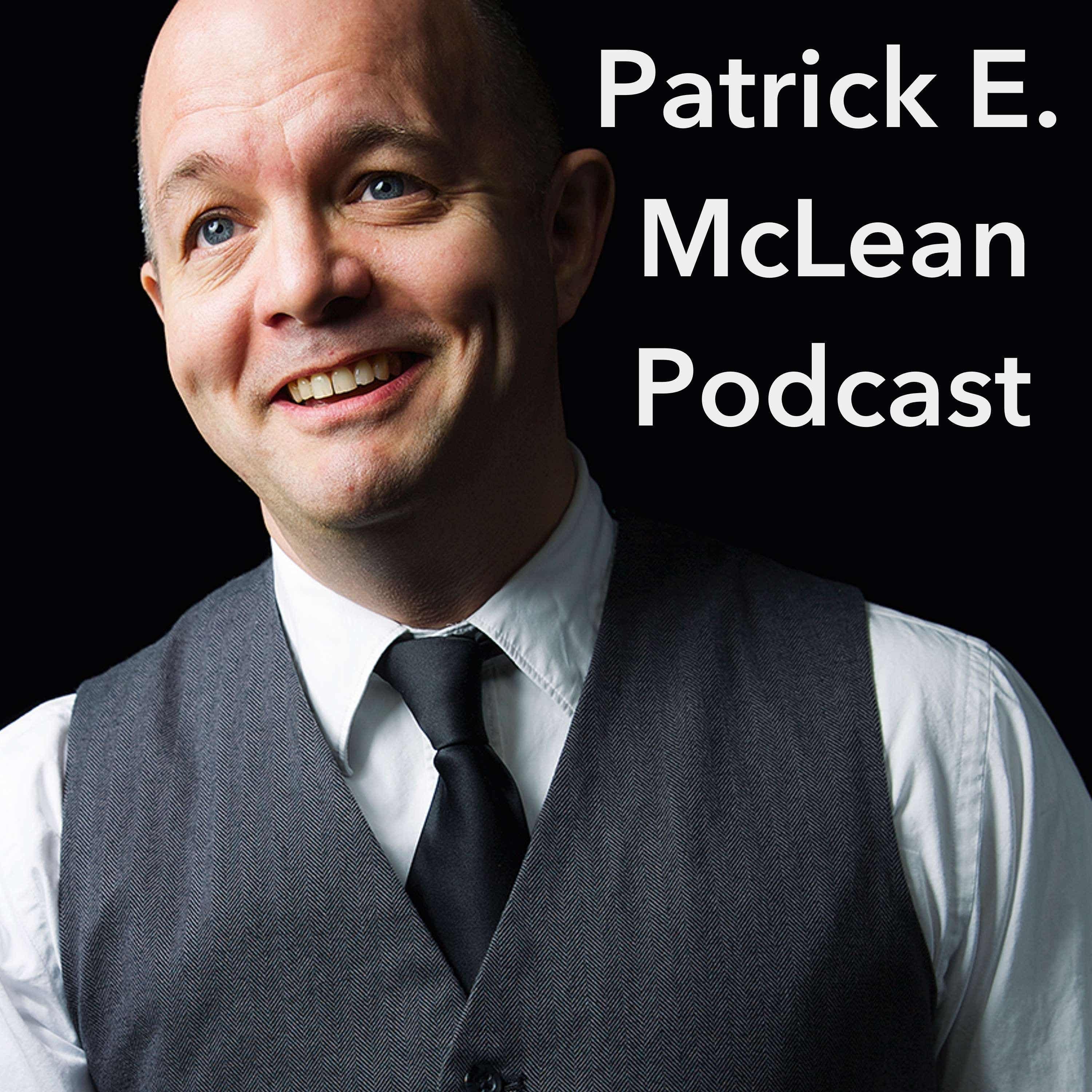How It's Written: Call of Cthuhlu
Description
Today I'm going to talk about H.P. Lovecraft, an author who is one of the great well-springs of the horror genre. And if you want tl/dr on the horror -- there's Poe then Lovecraft and then everybody else.
I'm going to dive deep into two stories, Call of Cthulhu and Shadow Over Innsmouth. Shadow over Innsmouth is one of my favorites, but Cthulhu is really worth thinking about because it sparked the entire Mythos.
In a nutshell here is how a Lovecraft story works.
An Investigator seeks out secret knowledge.
He finds truth
Which drives him mad.
Someone is looking for trouble. Intellectual trouble, in fact. And they find truth, as much as they can understand, anyway. Which drives them mad in the end.
Madness turns out to be the correct understanding of things. Because the Lovecraftian truth is a universe in which humanity is utterly insignificant. This is a very modern anxiety. We live in a time, the last 150-200 years or so when old belief systems have collapsed or are collapsing and nothing has replaced them. We don't have a good story of why we are here and what we are supposed to do. And every expansion of our knowledge in the physical sciences has pointed to our greater and greater irrelevance.
The threat, the menace the thing that drives men mad -- the thing that dangles the thread that the investigators must follow deep into the maze of their own insanity -- is always one of the Great Old Ones. They are a pantheon of unpronouncables. Yog Sothoth, N'ylarlathotep, Azathoth, Shub-Niggurath, Ithaqua, Tsathoggua, Hastur (the Unspeakable) who, paradoxically, is the most speakable of all.
Now, screenwriters like to talk about how important story is -- and it is -- if the story is broken in film, it doesn't work. That's because screenplays are blueprints. And if a blueprint doesn't work the house falls down. But a story or a novel is NOT a blueprint. It's the actual thing. It's a habitable structure constructed, not from light and sound, but from words and the creative response of the reader.
So just outlining the story doesn't explain why Lovecraft is great. And that's why you should stick around for the rest of this video. Lovecraft is actually something like a prophet. He's not writing a saga. He's no poet. He's writing revelation -- wild and disturbing visions of how things really are, or could be. And it's at the level of the image that he succeeds. And why he's worth reading.
And the thing that I get with Lovecraft, that I don't get anywhere else, is this lingering sense that madness is the correct understanding. Lovecraft doesn't scare me when I read him, not really. But Lovecraft scares me years later, when I see or hear something I don't understand and it suggests to me the hidden depths of chaos in which we all unwittingly dwell. And whatever other criticism you might level at the man and his writing -- lots of them are justified -- I don't know of anything else like that in literature.
Lovecraft echoes through everybody who comes after him. And, as we will see, much of what came before him echoed through him. As the saying goes, "Good artists copy. Great artists steal."
And, for me, it's tremendously worthwhile to go back to read the things that have inspired generations of people. I gain power as writer by going to the source of the river.
But before we dive into the story we have to deal with two things. The Mythos and the Racism. They are tightly linked, and maybe not in the way that you think.
The Mythos
So, Lovecraft created what is known as the Cthulhu Mythos. It includes a pantheon of unpronouncables. Yog Sothoth, N'ylarlathotep, Azathoth, Shub-Niggurath, Ithaqua, Tsathoggua, Hastur (the Unspeakable) who, paradoxically, is the most speakable of these great old ones.
The writers who wrote in this mythos after him started to take if very seriously, but Lovecraft didn't. He referred to it
More Episodes
Short fiction every week and serial novel "A Town Called Nowhere"
Published 08/22/22
Published 08/22/22
Laura looked out over what was left of the Town of Grantham. Smoldering buildings. Bodies scattered across the street. She realized that this was the reality. This was the natural state. There would be no rescue. Not by Virgil nor anyone else. She felt an urge to lay down with the dead and be at...
Published 07/29/22


